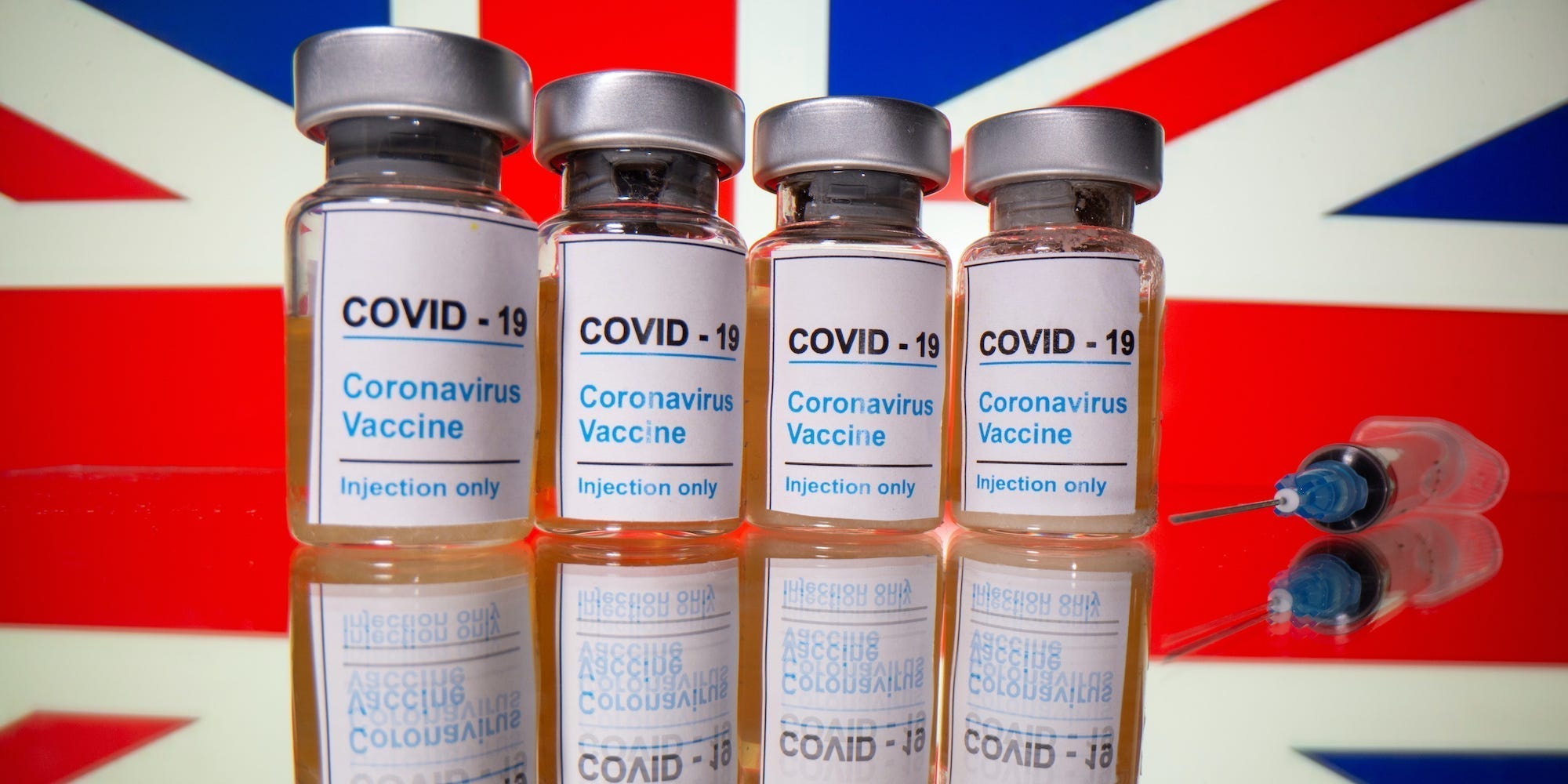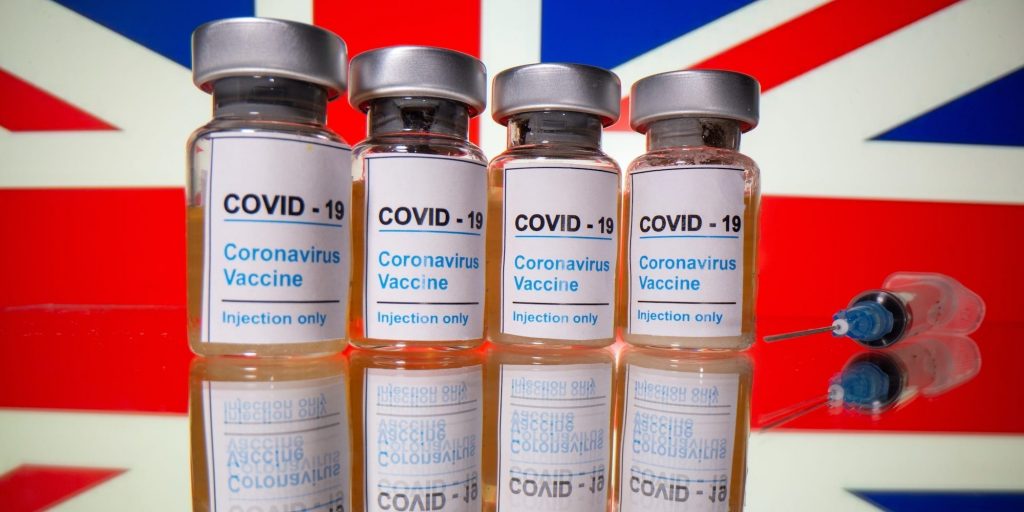
- A UK study found that being fully vaccinated lowers the risk of infection from the Delta variant by 50-60%.
- The study is based on a random sample that included people with asymptomatic infections.
- Vaccines still offer strong protection against severe disease and death.
- Visit Insider’s homepage for more stories.
Fully vaccinated people may have a 50-60% lower risk of infection from the Delta variant than unvaccinated people. That’s according to a new study from researchers at Imperial College London that’s still awaiting peer review.
The researchers found that people who were fully vaccinated were half as likely to test positive for the coronavirus. And they were 60% less likely to get a symptomatic infection, the study found.
The study looked at a random sample of around 98,000 people in the UK, around 530 of whom tested positive between June 24 and July 12. It didn’t distinguish between vaccine manufacturers (the UK has authorized vaccines from AstraZeneca, Moderna, and Pfizer, all of which are two-dose shots).
A previous study from Public Health England suggested that two doses of Pfizer’s or AstraZeneca’s vaccines were 88% and 67% effective, respectively, at preventing symptomatic disease from the Delta variant.
Those estimates were based on studies of UK residents who got tested from October to May. However, people who actively seek out a test are more likely to be symptomatic than those included a random sample, which may partly explain why the results differ from the Imperial College London study.
"We're looking at effectiveness against infection amongst a random sample of the general population, which includes asymptomatic individuals," Paul Elliot, an epidemiologist at Imperial College London, said in a statement to the press, according to Reuters.
"So again, it's a different bunch of people," he added.
Vaccines still offer good protection against severe disease. The shots reduce the risk of hospitalization or death by 25-fold, according to data from the US Centers for Disease Control and Prevention.
